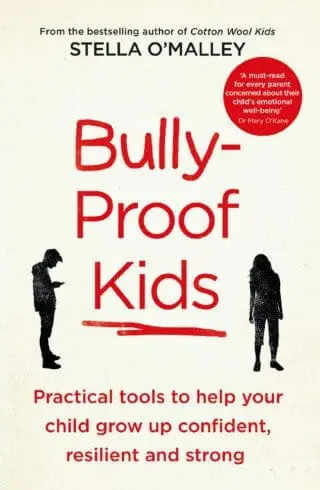You may or may not agree with Kerry McDonald, but, as Kerry says, “Pluralism is a hallmark of a free society. We don’t have to like the choices others make or the views they hold; we just have to let them make those choices and hold those views. Kerry McDonald will stimulate your thinking! Parmalee
by Kerry McDonald
In just the last week, there have been three feature articles in major national news outlets on the growing demand for micro-schools and related alternative education models—and the education entrepreneurs who are building those models.
The Washington Post, The Christian Science Monitor, and The Wall Street Journal all published positive stories on this trend. I was delighted to be quoted in the latter two pieces.
We are at the beginning of a massive transformation in American K-12 education away from centralized, top-down institutions toward bottom-up, learner-focused, unconventional solutions. It’s amazing to watch.
As I’ve said before, the real magic of these new models is their diversity. They are all so different in terms of their educational philosophies and the students they serve. As they continue to spread and gain traction, families will be able to find just the right learning setting for their children, aligned with their personal values and worldviews.
This will take the temperature down in education battles over curriculum and content. Those battles occur in government-run schools and among the school boards and politicians that oversee them, inevitably creating winners and losers. Some families want certain curriculum included in classrooms, others don’t—and that’s why there is conflict. In government-run schools, curriculum that some parents might not like is forced upon their children, while other curriculum they may prefer is excluded altogether. It can all get very heated.
When families are free to leave their assigned government-run school and find other options that match their personal needs and preferences, there is less conflict and greater social harmony.
As the great economic journalist, and FEE founding board member, Henry Hazlitt once said: “The ‘private sector’ of the economy is, in fact, the voluntary sector; and…the ‘public sector’ is, in fact, the coercive sector.” The private sector is rooted in peaceful, voluntary exchange in a free market. The public sector is rooted in force.
This was a topic that came up in Tuesday’s podcast episode, in which I interviewed the co-founders of a Georgia micro-school specifically designed for LGBTQ+ youth. The young people who attend this program felt unwelcomed in district schools, and increasingly silenced in them. At the micro-school, they are able to grow and flourish as individuals, and their parents are thrilled to have found a learning environment that matches their needs and values.
Similarly, in my FEE article earlier this week, I wrote about a Christian micro-school here in Massachusetts that has seen enrollment triple in the past three years to over 70 students, in large part because parents don’t like the curriculum and messaging that their children are exposed to in government-run schools. These parents are thrilled to have found a learning environment that matches their needs and values.
Tomorrow’s podcast episode features a comparable Christian micro-school in Georgia, located not too far from the LGBTQ+ one.
This is pluralism, a hallmark of a free society. We don’t have to like the choices others make or the views they hold; we just have to let them make those choices and hold those views. That is more peacefully done in the voluntary sector than in the coercive one.
This new education ecosystem that is emerging right before our eyes is defined by pluralism, facilitated by the free market and voluntary exchange, and grounded in the principles of a free society. It is transforming American education for the better.
Until next week,
Kerry
Senior Education Fellow
Foundation for Economic Education






[…] have a child with legitimate gender issues, find like-minded parents and start a microschool. As Kerry McDonald, educational freedom maven, recently wrote, “I interviewed the cofounders of a Georgia […]
[…] a child with legitimate gender issues, find like-minded parents and start a microschool. As Kerry McDonald, educational freedom maven, recently wrote, “I interviewed the cofounders of a Georgia […]